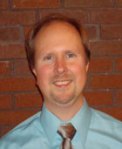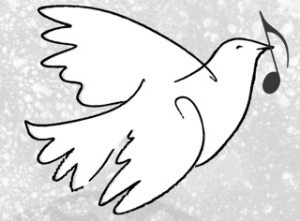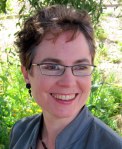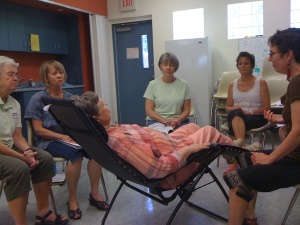By Keith Arnold, Minister of Music
Jefferson Unitarian Church, Golden, CO
In 2002, I was asked by a congregation member who was on the Board of The Interfaith Alliance of Colorado (TIA-CO) if I would consider organizing a concert performance that would bring together the sounds of different faiths, on behalf of TIA-CO. The idea was to present a “Sacred Celebration,” an honoring of many musical and religious traditions. After our Senior Minister endorsed my spending church time on this outreach project, I began a six-year involvement in this endeavor, directing annual Interfaith Music Festivals at large religious centers throughout our metro area.
Each year, in a letter inviting potential participants, I shared that “The concert is designed as a metro-wide event to bring together people of many beliefs and backgrounds, each expressing faith through music, dance, and storytelling.” Through the six years that I was involved, the festival featured such presenters and sounds as Hindu chanting, handbell ringing, Protestant and Catholic choirs, Jewish cantors, Unitarian Universalist choirs, Hindu dancers, a Jewish-Sufi fusion band, chanting of the Koran, a Spirituals Choir, and a Buddhist youth rock band.
You can find a 30-second promotional video here:
There were countless lessons learned, including when those of various religious traditions could have a dress rehearsal (avoid Saturday mornings) and what food is appropriate for participant receptions (best to schedule these outside of Ramadan). Perhaps the most important lessons centered around relationship building over time, where over a period of years participants and religious leaders came to understand and value the Festival and their connection to it.
At the 2006 Interfaith Music Festival I said this:
“Tonight, we set this time apart to look into one another’s eyes, to listen to each other’s voices, to hear with delight the varied sounds that express the beauty of our faiths. We in this room were born in diverse lands, we were raised with different ideas of the meaning and purpose of our lives here on earth. Our skin, our eyes, our thoughts, all vary. But our hearts — tonight our hearts are open to music, to understanding, to change and learning.
“In a world full of mistrust, war, and religious hostility, we offer a stronger message: we consecrate this time to further mutual understanding. By our presence here, we state our willingness to overcome the human foibles of anger and self-righteousness, instead promoting the highest universal principle of love. May our time together foster life and love.”
From time to time, I was asked why I advocated for and directed this Festival for six years. My answer was that my faith guided me to affirm the value of the inherent dignity of every person, with a goal of world community. I believe in the role of music to be a connecting thread between people of many backgrounds, celebrating both unique practices and shared values. These reasons are important to me today, even as they were in post-9/11 2002, the first year of the Interfaith Music Festival. Today, my faith is as strong as ever, and our love, expressed through the music we bring to these festivals, guides us on.



